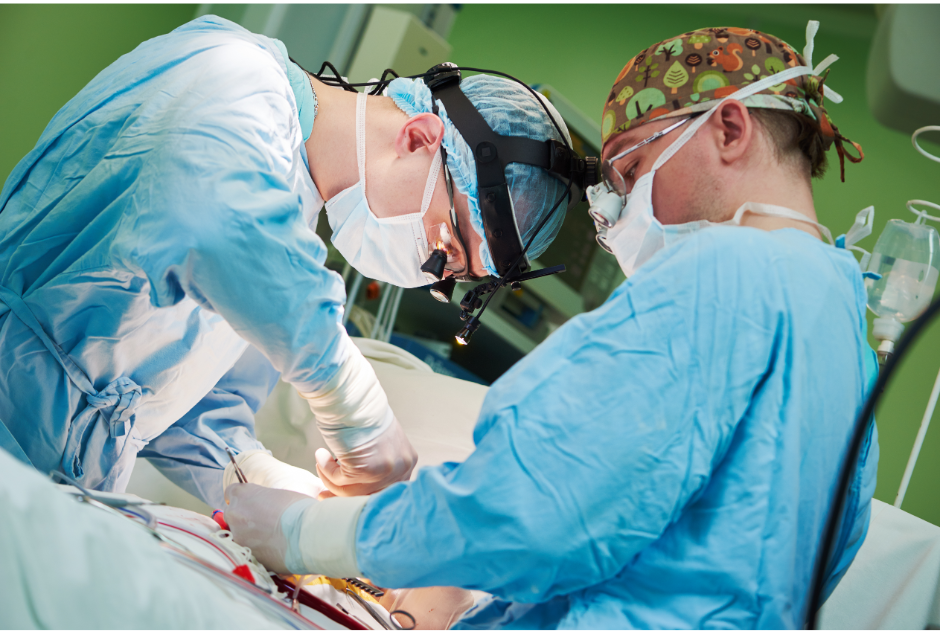Minimally Invasive Heart Surgery: Benefits, Risks, and Recovery

When it comes to heart surgery, many patients worry about long recovery times, large scars, and extended hospital stays. But thanks to medical advancements, minimally invasive heart surgery is now a highly effective option. Dr. Vaibhav Mishra, recognized as the best minimally invasive cardiac surgeon in India, explains everything you need to know about this life-changing procedure.
What Is Minimally Invasive Heart Surgery?
Minimally invasive heart surgery involves performing complex cardiac procedures through small incisions, often using specialized instruments and advanced imaging technology. Unlike traditional open-heart surgery, which requires a large chest incision, this technique minimizes trauma to the body.
Common types of minimally invasive procedures include:
- Mitral valve repair/replacement
- Aortic valve surgery
- Coronary artery bypass grafting (CABG) (for select patients)
- Atrial septal defect closure
- Maze procedure for atrial fibrillation
Benefits of Minimally Invasive Heart Surgery
Choosing a minimally invasive approach comes with several benefits, including:
- Smaller incisions and less scarring
- Reduced blood loss and lower infection risk
- Shorter hospital stays (typically 3-5 days)
- Faster recovery times (patients often return to normal activities within 2-4 weeks)
- Less post-operative pain
These advantages make minimally invasive surgery an appealing choice, especially for patients seeking a quicker return to everyday life.
Risks and Considerations
While minimally invasive heart surgery offers many benefits, it isn’t suitable for everyone. Factors like the complexity of your condition, overall health, and prior heart surgeries can affect eligibility. Potential risks include:
- Bleeding or infection
- Arrhythmias (irregular heartbeats)
- The need to convert to open surgery during the procedure
Dr. Vaibhav Mishra, known as one of the best minimally invasive cardiac surgeons in India, carefully evaluates each patient to determine the safest, most effective treatment plan.
Recovery and Aftercare
Recovery from minimally invasive heart surgery is often faster and smoother compared to traditional approaches. Patients typically:
- Spend less time in the ICU
- Begin walking within a day or two
- Resume light activities in 2-3 weeks
To promote healing and prevent complications, patients should:
- Follow medication guidelines strictly
- Attend all follow-up appointments
- Adopt heart-healthy habits, including a balanced diet and regular exercise
Is Minimally Invasive Heart Surgery Right for You?
If you’re considering heart surgery, consulting with an experienced specialist is crucial. Dr. Vaibhav Mishra’s expertise in minimally invasive techniques has helped countless patients regain their health with less disruption to their lives. As the best minimally invasive cardiac surgeon in India, he combines cutting-edge technology with compassionate care to deliver outstanding outcomes.
If you’d like to learn more or schedule a consultation, reach out to Dr. Vaibhav Mishra’s clinic today. Take the first step toward a healthier heart with advanced, patient-centered care.
